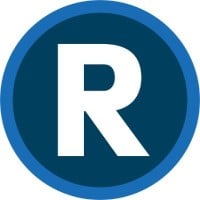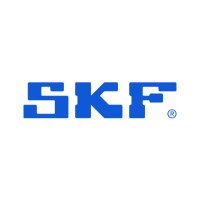
Rencol Components Ltd.
Following 100 years of successful design and manufacturing experience in plastic and metals, Rencol Components has built a truly global supply chain - rapidly expanding our range of high-quality, competitively-priced industrial components. Rencol has developed a mature and efficient Supply Chain with English-speaking personnel specialising in design, engineering, quality and logistics. Our permanent quality and engineering personnel work closely with all manufacturing facilities. We leverage the latest advances in communications and information technology to integrate our Component Sourcing, Management, and Sales & Product Development teams in Shanghai (China), New York (USA), and Bristol (UK), respectively. Specialties: Custom manufacturing, plastic injection moulding, die casting, forging, machining, metal stamping, tooling and sub assemblies. Far East product sourcing, China manufacturing facilities. Global supply chain network.






